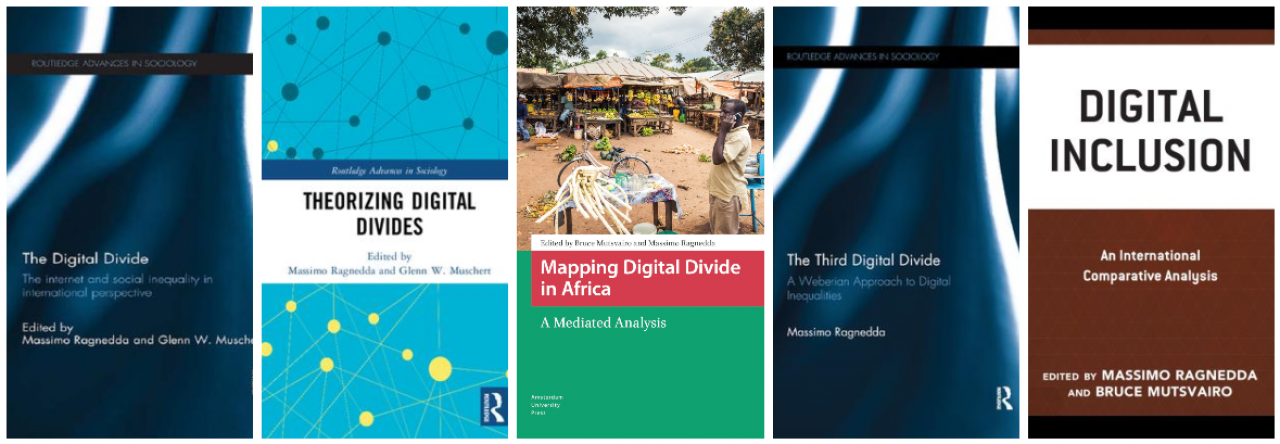
On April 17–18, 2025, the University of Sharjah hosted the international symposium Digital Capital and Political Systems: Shaping Inequalities in a Technological Age—a vibrant, interdisciplinary event that brought together scholars, researchers, students, and practitioners from 18 countries. With over 40 authors, 33 presentations, and two powerful keynote addresses, the symposium unpacked the complex role of digital capital in structuring access, influence, and equity in a rapidly evolving technological landscape.
What Is Digital Capital and Why Does It Matter?
At the heart of the symposium was the concept of digital capital—a framework that has become essential for understanding how inequalities are created, reinforced, or contested in digital environments. Drawing from Pierre Bourdieu’s theory of capital, digital capital encompasses the skills, resources, and competencies individuals possess that enable them to navigate and benefit from digital technologies. Just as economic, cultural, and social capital shape one’s life chances, digital capital now plays a defining role in determining educational access, economic mobility, civic participation, and social connectivity.
Importantly, digital capital is not evenly distributed. Its accumulation depends on access to infrastructure, opportunities for learning, and the social and cultural conditions that support digital engagement. As digitalization becomes ubiquitous—from public services and political participation to education and environmental activism—understanding and measuring digital capital becomes critical to addressing the structural factors behind inclusion and exclusion in the digital age.
Keynote Highlights: Power, Platform Capitalism, and Interconnected Inequalities
Pagine: 12

1 pingback